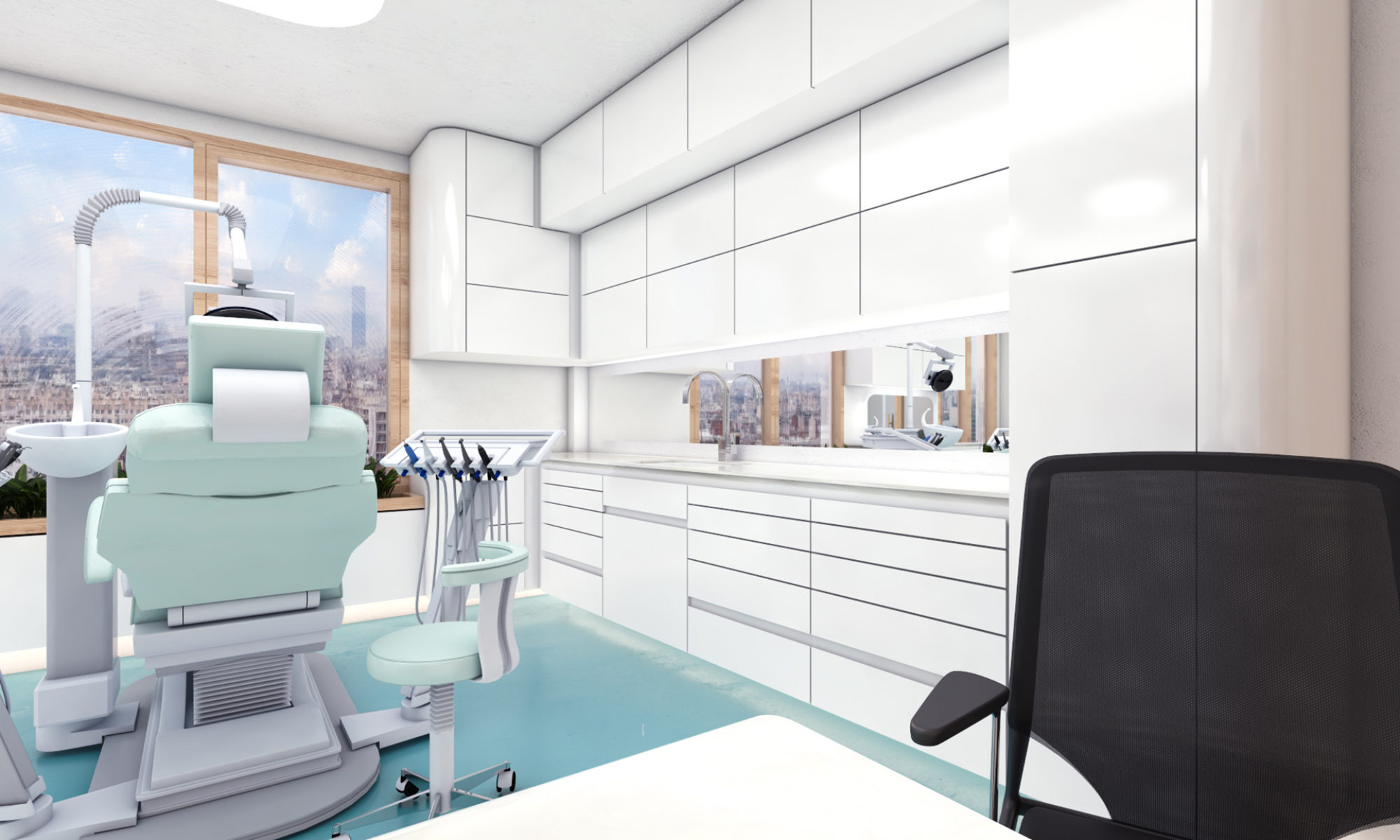
Loose teeth are not uncommon. And, unfortunately, many people do not attach much importance to the problem, believing that this is a temporary phenomenon that will pass by itself. Meanwhile, when the first manifestations of loose teeth are detected, you should seek help from a dentist as soon as possible. So you can solve the problem in a timely manner and without serious consequences for the health of the oral cavity.
Why are teeth loose?
Most often, loose teeth are a symptom of various dental and gum diseases. The problem can manifest itself due to developing stomatitis, lack of vitamins in the body, bad habits. With a weakened immune system, inflammatory processes intensify in the oral cavity, which leads to a weakening of the fixation of teeth in the gums. The problem rarely comes right away. As a rule, it develops gradually, accompanied by painful sensations during meals. Sometimes bleeding gums are among the accompanying symptoms.
The most common diseases that cause loose teeth are:
- periodontal disease;
- periodontitis;
- cyst;
- granuloma;
- flux.
Each of the above ailments never goes away on its own and requires professional treatment, so there is no point in postponing a trip to the dentist.
Stages of tooth loosening
The severity of the problem is determined by the degree of tooth mobility in the oral cavity. Ideally, they should have minimal mobility. If in the process of eating the teeth barely noticeably change their position, it’s okay. But if you notice a deviation of 1 millimeter or more, then this already indicates a pathology.
Dentists distinguish 4 stages of tooth loosening:
- Loosening occurs with a deviation of no more than 1 millimeter. Considered the norm;
- The teeth stagger with an amplitude of more than 1 millimeter and move only forward and backward in relation to neighboring teeth;
- Teeth loosen in different directions, including vertical;
- The wobble occurs around its own axis.
Determining the degree of tooth mobility on your own can be problematic. This must be done at the appointment with the dentist, who will make a diagnosis. The doctor will give recommendations on caring for the oral cavity, prescribe ointments and other remedies, and, if necessary, recommend a course of treatment at the clinic.
